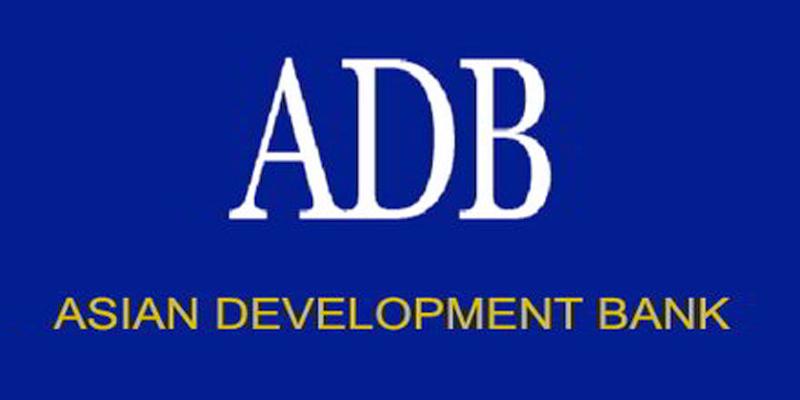
The Asian Development Bank (ADB) should consider using some of its instruments like guarantees to help Sri Lanka attract private sector investment, which has not been as forthcoming as expected, according to a new report by the lending agency.
This was one of the key findings and recommendations of a study on ADB lending to the country released recently. The new Country Partnership Strategy (CPS) needs to define a clear approach to ADB’s support for private sector development, which establishes better synergies between work on the investment climate, public investments, and private sector operations,” the report said. “The need to strengthen the private sector through improving the investment climate, and to increase private investment in infrastructure and other sectors such as education, have been long-running themes in ADB CPSs, but progress has been slow,” it said.
“The investment climate is a binding constraint on private sector development and the reform agenda is challenging,” said the report, the Country Assistance Program Evaluation done by the Independent Evaluation Department of the ADB. It said the ADB will find it hard to engage in investment activities while the policy environment remains unfavourable. “Care needs to be taken to ensure that ADB sovereign loans do not crowd out the potential for private sector investment in roads, energy, water, and financial markets.
ADB should look to use its range of financial instruments, such as guarantees, to attract private sector investment,” the report said.
The country assistance program evaluation (CAPE) assessed ADB support for Sri Lanka over the 10 years from 2006 to 2015. “The lack of progress in ADB’s efforts to catalyze private investment and enhance the effectiveness of public investment illustrates the difficult political economy context for private sector development and policy reform more generally over the entire CAPE period,” it said. ADB’s program over this period leaned toward investment in the infrastructure sectors, particularly transport (36% of total approvals by value 2006–2015), water and sanitation (21%), and energy (16%). Education received 11% of total support, and multisector — ADB’s support for conflict-affected communities — received 6%, with no new support from 2010.
